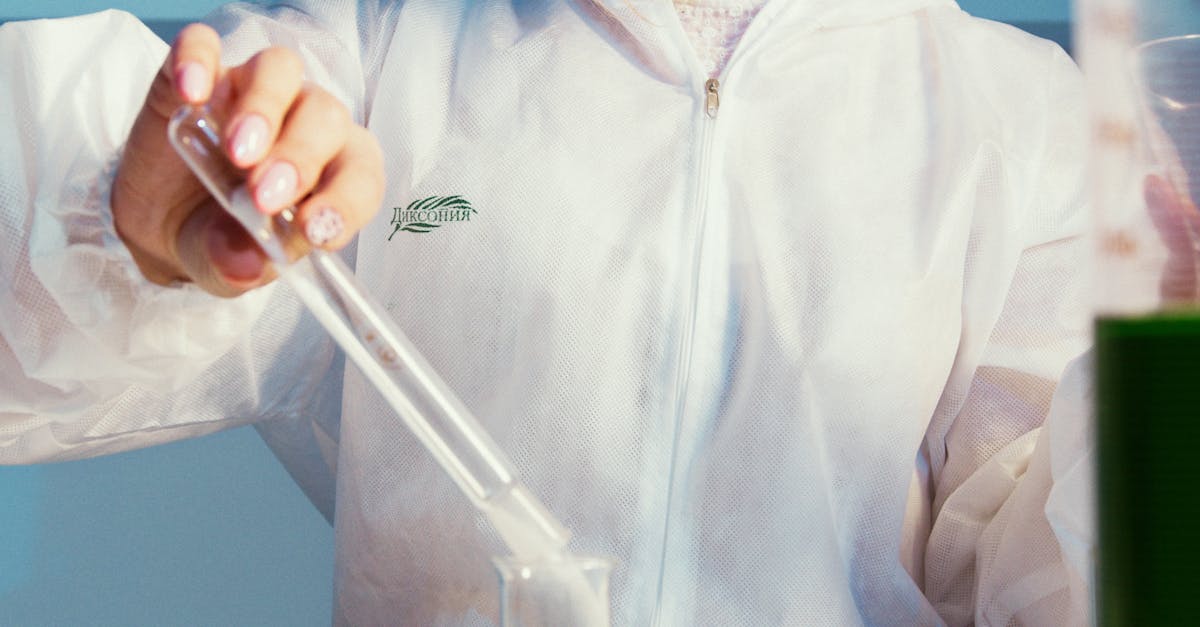An Exciting Journey into Pet Food Science
Have you ever wondered what goes into the food you give your beloved pets? If you’re like me, you’ve probably spent countless hours researching the best diets and nutrition plans to ensure your furry friends are as healthy as possible. The truth is, pet food science is a fascinating and complex field that requires a deep understanding of animal nutrition, food technology, and industry regulations. I’ve been meaning to explore this topic in more depth, and it’s safe to say that there’s a lot to uncover.
Why Pet Food Science Matters
You might be thinking, “Why should I care about pet food science?” Well, let me tell you a quick story. A few years ago, my pet, a lively Labrador named Max, started showing signs of digestive issues. After numerous vet visits and diet changes, it dawned on me that the problem wasn’t just about choosing the right food but understanding the science behind it. It’s clear that the pet food industry is evolving rapidly, and staying informed is crucial for anyone involved in it, whether you’re a pet owner, a veterinarian, or an industry professional.
The Intricacies of Pet Nutrition
Understanding the Basics
To put it simply, pet nutrition is more than just feeding your pet. It involves a balance of proteins, fats, carbohydrates, vitamins, and minerals. Studies show that a well-balanced diet can significantly improve your pet’s health and longevity. But what’s fascinating is how different species require different nutritional balances. For example, cats are obligate carnivores, meaning they need a diet high in meat, while dogs are omnivores and can thrive on a more varied diet.
Common Nutritional Challenges
One thing I’ve learned is that many pet owners face similar challenges when it comes to nutrition. You might relate to this if you’ve ever struggled with:
- Allergies and Sensitivities: Pets, like humans, can have food allergies and sensitivities. Identifying these can be tricky but essential for their well-being.
- Weight Management: Obesity is a common issue in pets, leading to various health problems. Understanding calorie intake and portion control can help manage this.
- Life Stage Nutrition: Pets have different nutritional needs at different life stages. Puppies and kittens need more calories and nutrients compared to adult or senior pets.
The Role of Pet Food Science
The thing is, pet food science plays a crucial role in addressing these challenges. It’s worth mentioning that advancements in this field have led to the development of specialized diets that cater to specific needs, such as hypoallergenic foods, weight management formulas, and life stage-specific diets. If you’re like me, you can probably relate to the relief of finding a food that finally works for your pet.
Deep Dive Courses: Elevating Your Knowledge
Why Enrol in a Pet Food Science Course?
You might be wondering why you should consider enrolling in a pet food science course. Personally, I’ve found that these courses offer invaluable insights that go beyond basic knowledge. Here’s a quick story: I once attended a seminar on pet nutrition, and it hit me that there’s so much more to learn. The reality is, these courses are designed to provide a comprehensive understanding of the science behind pet food, from ingredient selection to manufacturing processes.
What to Expect from a Course
If I had to guess, I’d say you’re curious about what these courses entail. Let’s dive into some key components:
- Ingredient Analysis: Learn about the different types of ingredients used in pet food and their nutritional benefits.
- Formulation Techniques: Understand how to formulate balanced diets that meet the specific needs of different pets.
- Quality Control: Discover the importance of quality control measures to ensure the safety and efficacy of pet food products.
- Regulatory Compliance: Gain insights into the regulations governing the pet food industry and how to comply with them.
Benefits of Professional Development
From my point of view, professional development in pet food science offers numerous benefits:
- Enhanced Knowledge: Deepen your understanding of pet nutrition and food science.
- Career Advancement: Open up new career opportunities in the pet food industry.
- Improved Pet Care: Apply your knowledge to provide better care for your pets or clients’ pets.
Real-World Applications and Success Stories
Industry Impact
It’s funny how a little-known fact can change your perspective. Did you know that the global pet food market is expected to reach $113.08 billion by 2025? This growth is driven by increasing pet ownership and a rising focus on pet health and wellness. It goes to show that the demand for knowledgeable professionals in this field is higher than ever.
Case Studies
Here’s a quick story from my experience: I once met a pet food scientist who had developed a specialized diet for diabetic cats. This diet not only improved the health of countless cats but also set a new standard in the industry. What’s surprising is how one person’s expertise can make such a significant impact.
Personal Experiences
Speaking from experience, I can’t forget the time I formulated a homemade diet for Max, my Labrador. It dawned on me that even with the best intentions, I lacked the scientific knowledge to create a truly balanced diet. That’s when I realized the importance of professional courses and expert guidance.
The Future of Pet Food Science
Innovations on the Horizon
If you’ve ever wondered about the future of pet food science, you’re in for a treat. The industry is continuously evolving, with exciting innovations on the horizon:
- Sustainable Ingredients: There’s a growing focus on using sustainable and ethically sourced ingredients in pet food.
- Personalized Nutrition: Advances in technology are making it possible to create personalized diets tailored to individual pets’ needs.
- Health-Boosting Formulas: Future pet foods may include functional ingredients that provide additional health benefits, such as probiotics for gut health.
The Role of Technology
Interestingly enough, technology is playing a significant role in shaping the future of pet food science. Imagine if you could use an app to determine the perfect diet for your pet based on their specific health needs. It’s safe to say that the integration of technology will revolutionize how we approach pet nutrition.
Taking the Next Step
How to Get Started
If you’re like me and eager to dive deeper into the world of pet food science, here are some steps you can take:
- Research Courses: Look for reputable institutions that offer courses in pet food science. Online platforms like Coursera and edX often have relevant courses.
- Join Professional Associations: Organizations like the Pet Food Institute and the American Academy of Veterinary Nutrition offer valuable resources and networking opportunities.
- Stay Updated: Follow industry news and trends to stay informed about the latest developments in pet food science.
Final Thoughts
To put it simply, pet food science is a field that offers endless opportunities for learning and growth. Whether you’re a pet owner looking to improve your pet’s diet or an industry professional seeking to advance your career, there’s something to be gained from exploring this fascinating subject. Personally, I’ve found that the more I learn, the more I appreciate the complexity and importance of pet nutrition.
It’s clear that investing in education and professional development in pet food science can lead to better health outcomes for pets and new career opportunities for individuals. So, if you’ve ever considered diving into this field, now is the perfect time to take that step. You won’t believe the difference it can make.
Call to Action
If you’re ready to embark on this exciting journey, start by exploring available courses and resources. Remember, the more you know, the better equipped you’ll be to make informed decisions about your pet’s nutrition. Let’s make a difference in the lives of our pets by embracing the science behind their food. 🐾
I hope you found this deep dive into pet food science as enlightening and enjoyable as I did. If you have any questions or want to share your own experiences, feel free to leave a comment below. Happy learning!











